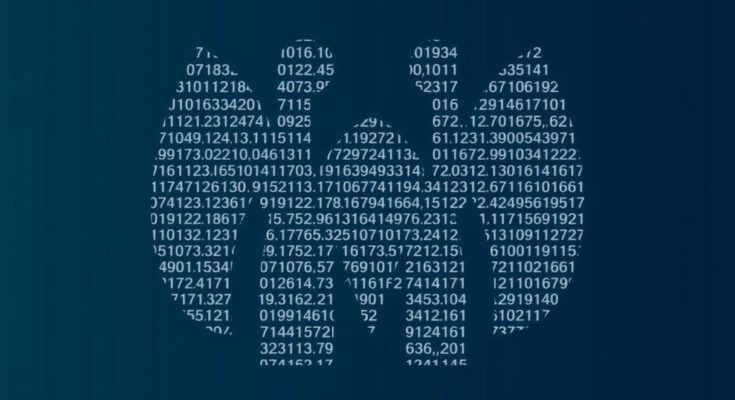The UN Cybercrime Convention moves closer to a General Assembly vote amid widespread concern from tech and human rights advocates about its potential for misuse. The U.S. and U.K. defend their support, emphasizing accountability and future cooperation against cyber threats, despite critics arguing it could undermine civil liberties. The outcome of the vote might shape how nations navigate cybersecurity and human rights in the years to come.
The United Nations Cybercrime Convention has progressed closer to a General Assembly vote, facing significant scrutiny from various sectors, including technology and human rights advocates. The U.S. and U.K. governments expressed support despite concerns that the treaty might empower states to infringe on human rights and privacy. U.S. officials highlighted their commitment to holding nations accountable if they misuse the treaty, even as critics warn it could become a tool for repression rather than a framework for cooperative cybersecurity efforts. As the vote approaches, a chorus of dissent from industry giants and activists underscores the potential ramifications of the convention, which some argue could undermine global cybersecurity and give way to abuse by authoritarian regimes.
The UN Cybercrime Convention, which seeks to establish a legal framework to combat cybercrime internationally, gained traction after a call from Russia to negotiate a new accord different from the existing Budapest Convention. Critics express deep concern that the treaty lacks necessary safeguards for human rights, privacy, and freedom of expression, posing risks particularly to activists and tech researchers. Proponents, including the U.S. and U.K., believe that collaboration is essential in facing increasing cyber threats but face backlash over the treaty’s potential misuse by authoritarian governments, leading to an ongoing debate about its implications on civil liberties.
The forthcoming vote on the UN Cybercrime Convention stands as a pivotal moment, promising to foster international cooperation against cybercrime while simultaneously igniting a fierce debate over human rights protections in the digital age. As the U.S. and U.K. advocate for the treaty’s passage, the apprehensions voiced by technology leaders and human rights organizations highlight the delicate balance between security needs and safeguarding fundamental freedoms. The outcome remains to be seen, but it is clear that the discourse surrounding the treaty will greatly impact the future landscape of cybersecurity and human rights globally.
Original Source: therecord.media



